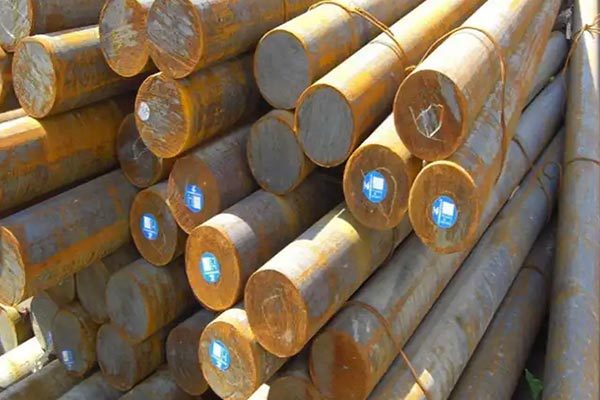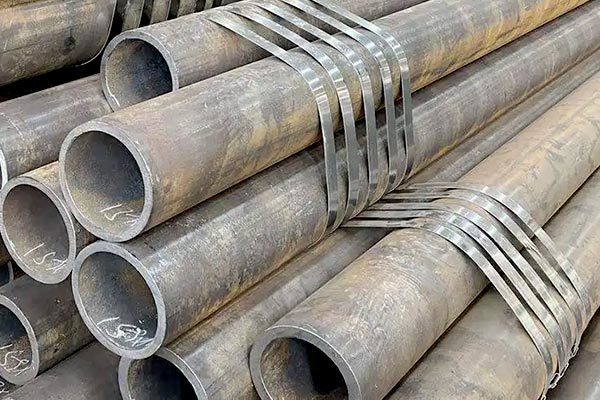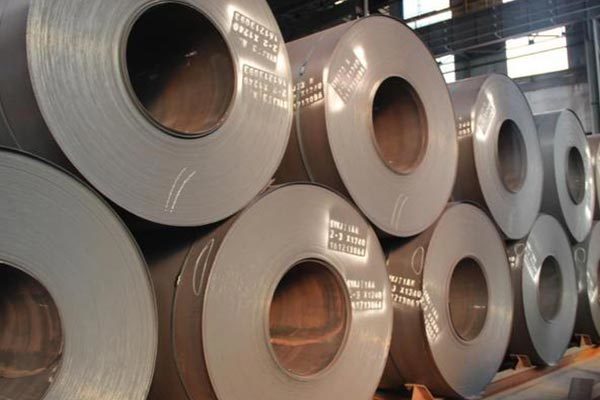Steel pipes are a crucial component in various industries, serving a wide range of purposes.
Time:
Jun 25,2024
Steel pipes are a crucial component in various industries, serving a wide range of purposes. From transporting fluids to structural applications, steel pipes are highly durable and versatile, making them an essential material in construction and manufacturing.
One of the primary uses of steel pipes is in the transportation of fluids such as water, oil, and gas. Steel pipes are preferred for this purpose due to their high strength and resistance to corrosion. These pipes are commonly used in oil and gas pipelines, water distribution systems, and sewage networks. The smooth interior surface of steel pipes allows for efficient flow of fluids, reducing friction and pressure drop.
In addition to fluid transportation, steel pipes are also widely used in structural applications. Steel pipes are known for their high load-bearing capacity and durability, making them ideal for supporting structures such as buildings, bridges, and towers. Steel pipes can be used in various structural configurations, including columns, beams, and trusses, providing stability and strength to the overall structure.
Steel pipes come in various shapes and sizes to meet different requirements. Round steel pipes are the most common type, used in a wide range of applications. They are available in different diameters and thicknesses, with seamless and welded options. Rectangular and square steel pipes are also used in structural applications, providing additional flexibility in design and construction.
The manufacturing process of steel pipes involves several steps, starting with the selection of high-quality steel material. The steel is then formed into a cylindrical shape through a process called pi
RELATED NEWS








